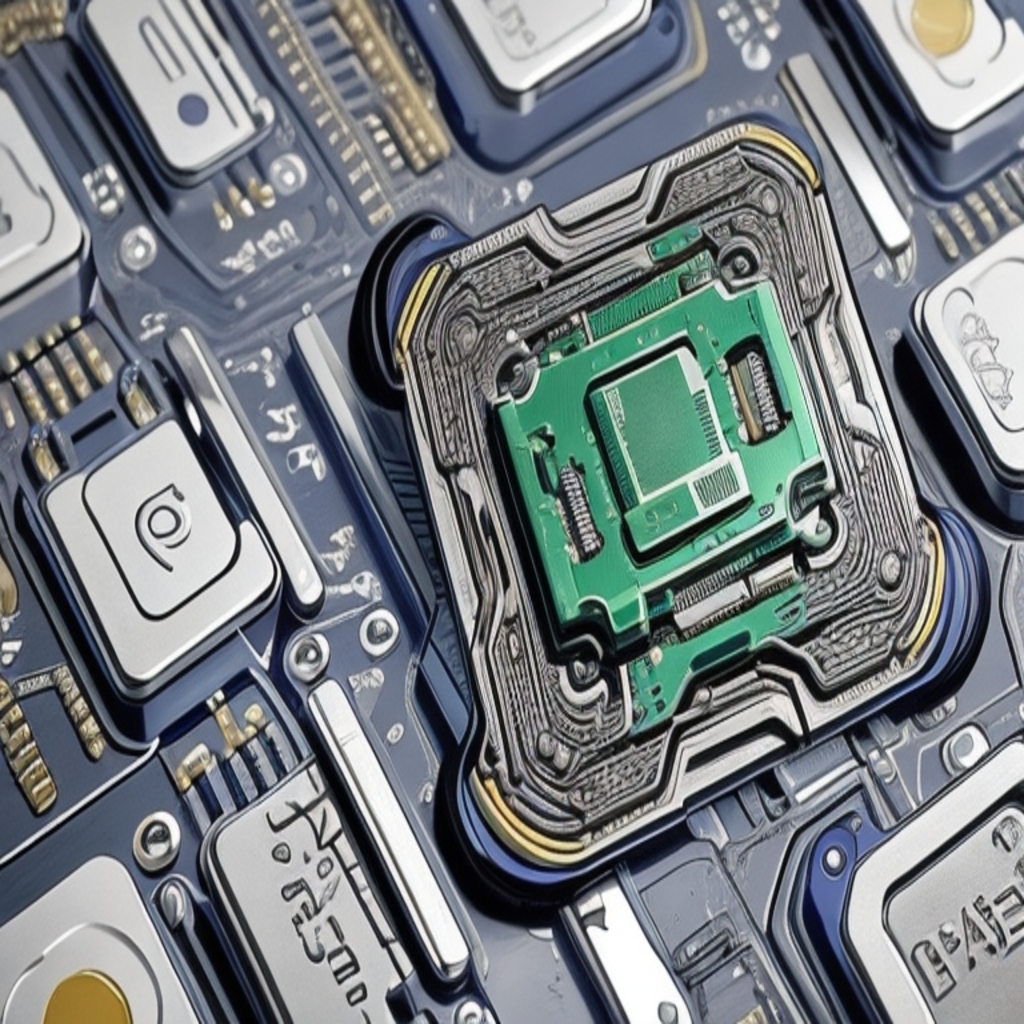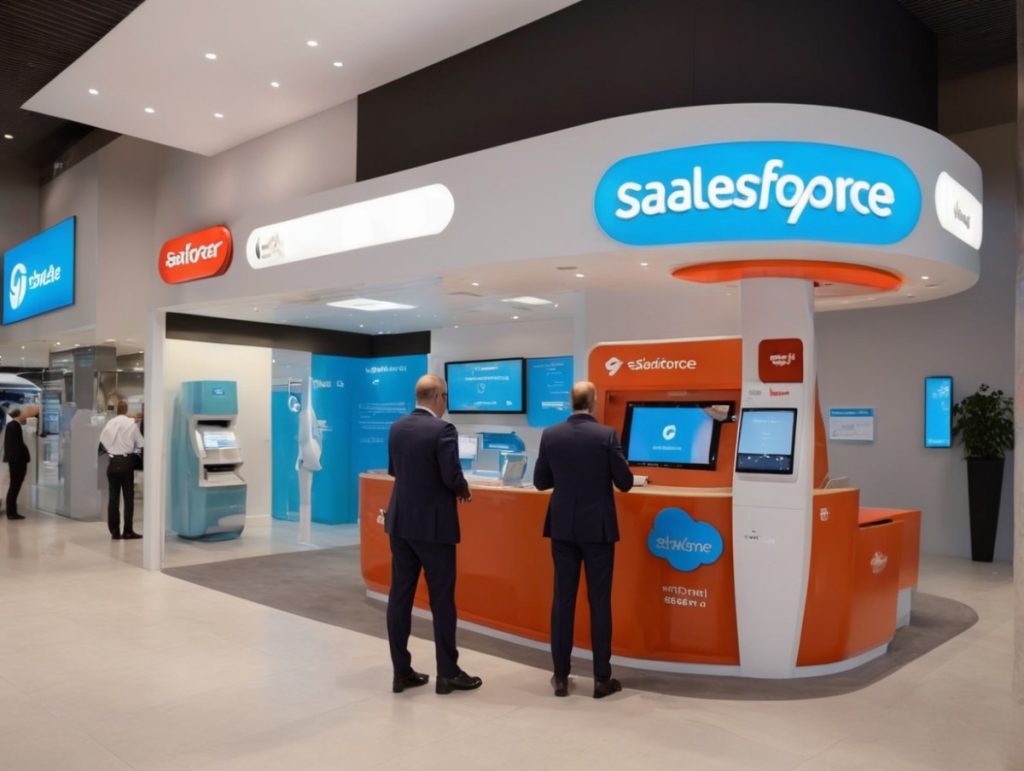In a legal showdown that has been looming since 2019, Google finds itself in the midst of a $1.67 billion lawsuit brought forth by computer scientist Dr. Joseph Bates. The lawsuit alleges that Google infringed upon Bates’ patent with the development of its Tensor Processing Units (TPU) v2 and v3 processors, designed to accelerate machine learning workloads. Dr. Bates, the founder of Singular Computing, claims that Google borrowed his computer architecture innovations after discussing AI-related challenges with him on multiple occasions between 2010 and 2014.
Background: The allegations
Dr. Joseph Bates’ lawsuit contends that, instead of licensing his intellectual property, Google chose to replicate his computer architecture design for the creation of their TPUs. These specialized hardware accelerators have played a pivotal role in enabling AI features across a spectrum of Google services, including Google Search, Gmail, and Google Translate.
The case has been further complicated by internal emails cited in court, including one from Google’s chief scientist, Jeff Dean, who acknowledged that Bates’ ideas could be highly compatible with Google’s objectives. Another email from an anonymous Google employee stated that the staff was significantly influenced by Bates’ concepts, suggesting a degree of overlap between Bates’ innovations and Google’s TPU development.
Google’s response: Denial and appeals
A spokesperson from Google has swiftly responded to the allegations, asserting that Singular Computing’s patent claims are under scrutiny and are currently in the appeals process. Google is actively seeking to invalidate Singular’s patents through legal means in a separate case before a Washington appeals court.
Furthermore, Google categorically denies that the disputed patent claims are applicable to their Tensor Processing Units. The tech giant contends that their TPUs were developed independently over several years and were not influenced by Dr. Bates’ ideas. Google is resolute in its intention to rectify what it views as erroneous claims in the courtroom.
The path forward: Legal battle looms
With both parties entrenched in their positions, the legal battle promises to be protracted and contentious. Dr. Joseph Bates is seeking a substantial $1.67 billion payout from Google for the alleged infringement of his intellectual property. Meanwhile, Google remains committed to defending its position and reputation by refuting the claims and pursuing the invalidation of Singular Computing’s patents.
As the $1.67 billion lawsuit unfolds in court, the tech industry watches closely to see how the legal battle will impact the future of AI chip innovation and patent protection. The outcome of this case could set important precedents regarding intellectual property rights in the realm of cutting-edge technology. In a highly competitive and rapidly evolving field, such legal disputes underscore the significance of patent protection and the potential consequences of alleged infringements.
Google, a tech giant renowned for its AI and machine learning capabilities, is under the spotlight, and the proceedings will be closely monitored by the industry and legal experts alike. While the case may take some time to reach a resolution, it highlights the importance of clear boundaries in the exchange of ideas and innovations within the tech community and the necessity for robust patent protection to safeguard intellectual property rights. The verdict in this case will undoubtedly have far-reaching implications for the future of AI technology and the legal landscape surrounding it.





